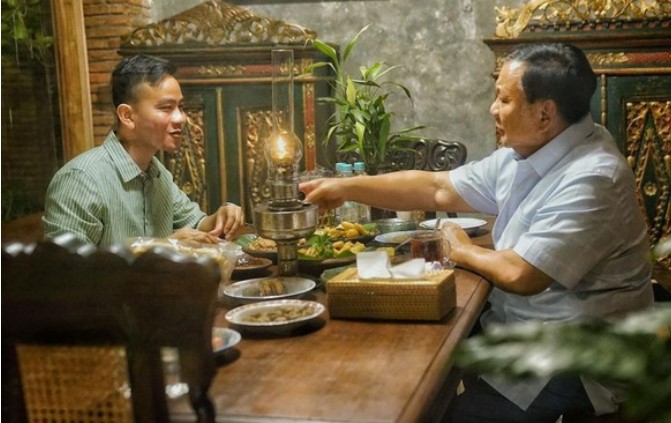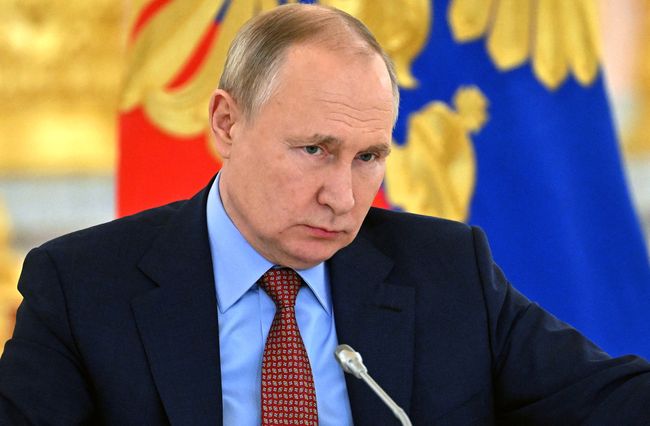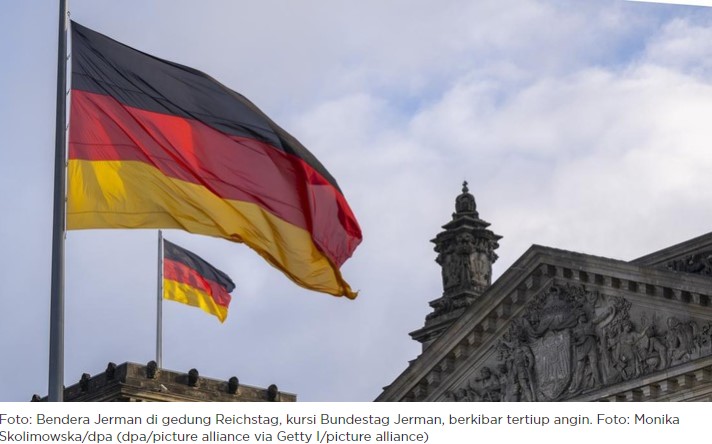
Prabowo-Gibran (Tim Media Prabowo)
STRATEGIC ASSESSMENT. PDI-P Chair Megawati Soekarnoputri said Ganjar Pranowo and Prabowo Subianto were not suitable to be paired in the 2024 presidential election. This is due to the fact that both Ganjar and Prabowo were appointed as a presidential candidate by two different coalition axes.
Aside from that, the process of selecting the vice presidential candidate to accompany Ganjar or Prabowo is currently underway.
Indonesian Democratic Party of Struggle (PDI-P) Solo City Council Chair F.X. Hadi Rudyatmo responded to the proposal of President Jokowi as the party chair and turn Megawati Soekarnoputri as the Board of Trustees.
He admitted that he supported and agreed because of Jokowi’s experience as president in managing a society of 273 million people. In his opinion, all cadres, let alone those with potential, have equal opportunities. He emphasized, however, that the decision on who will be the new chair will be discussed at the party congress.
President Jokowi has shrugged off speculation that he aspired to lead the PDI-P by saying that members of the Sukarno family served well in leading the party. The President on Thursday said he preferred to return to his Central Java hometown of Surakarta after wrapping up his second and final term next year.
PDI-P Secretary-General Hasto Kristiyanto confirmed that presidential candidate Prabowo Subianto had previously approached Gibran Rakabuming Raka, the oldest son of President Jokowi, to become his running mate. Gibran, currently serving as the mayor of Solo in Central Java, informed the PDI-P about Prabowo’s request.
PDI-P Central Council Chair Puan Maharani said that she allowed Gibran Rakabuming Raka to become Prabowo’s vice presidential candidate. He considered Gibran to be a young man who excels and is certainly deserving of consideration for national competition.
Rumors circulated about alleged U.S. intervention in the upcoming general elections in Indonesia. The suspected U.S. intervention was carried out in collaboration with foreign non-governmental organizations (NGOs): U.S. NGO National Endowment for Democracy (NED), International Republican Institute (IRI), and local NGOs, including Perludem.
In response, Maritime Affairs and Investment Coordinating Minister Luhut Binsar Pandjaitan said he would audit NGOs in Indonesia. The audit, he said, was necessary and would determine the flow of funds obtained by NGOs, finding out if there is foreign interference through NGOs in Indonesia.
According to Sana Jaffrey, a nonresident scholar in the Asia Program at the Carnegie Endowment for International Peace and is a research fellow at the Australian National University’s Department of Political and Social Change, authoritarian-era elites have long dominated the country’s democratic politics, but now these aging powerbrokers are tussling with a popular president who wants to lead a new generation of kingmakers.
On February 14, Indonesia will hold the world’s largest single-day election to elect a president and vice president, along with nearly 20,000 representatives to national, provincial, and district parliaments from a pool of a quarter-million candidates.
Since Indonesia’s democratic transition in 1998, voting has become a highly celebrated act of civic life. Nearly 200 million voters go to the polls every five years and dismiss about half their lawmakers in free and fair elections.
Despite this vibrant electoral process, Indonesia’s democracy is still dominated by political, business, and military leaders who built their fortunes during thirty-two years of Suharto’s authoritarian rule. Under immense public pressure, they agreed to democratize but set the electoral rules to achieve two ends: create unfair barriers to entry for new players while ensuring fair competition among themselves.







